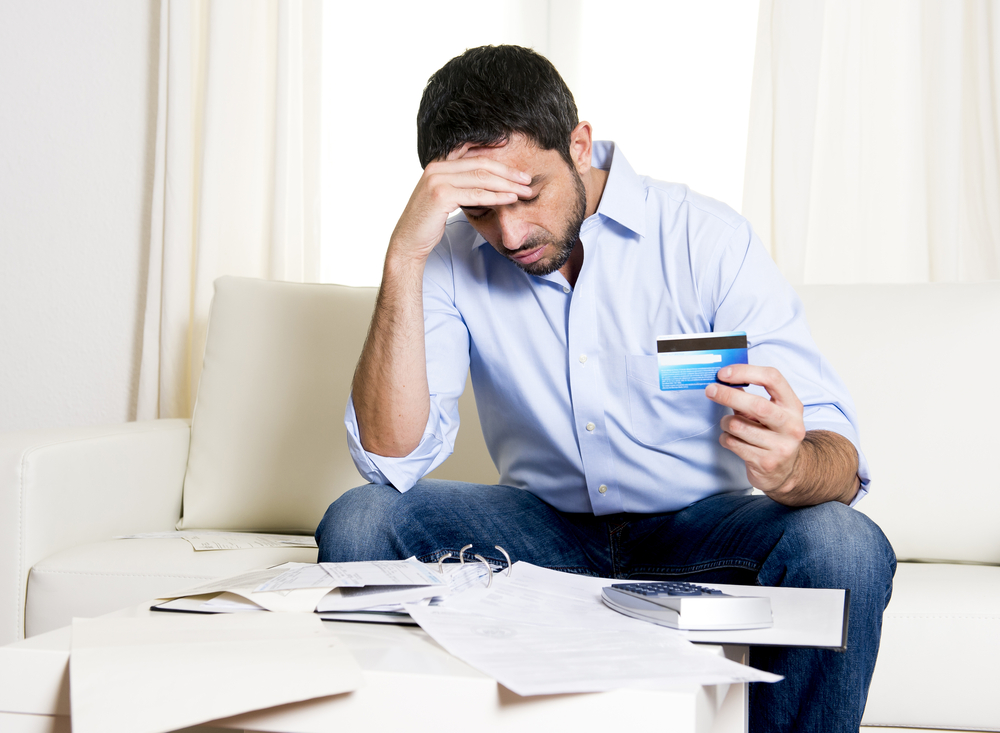If you pay your credit card in full every month, a built-in feature allows you to extend your purchase time without generating interest. secret? A small thing called a credit card grace period.

When you check your credit card balance, you usually see two different numbers—the current balance and the balance of the statement. What's the difference? How much do you actually need to pay in order to avoid interest? 53% of Americans don't "fully understand" their credit card terms - don't be one of them!
Each card has a billing cycle - most billing cycles are one month, but will not start and end with a calendar month. For example, your credit card billing cycle may range from the 8th month of a month to the 7th month of the following month. The credit card issuer will send you a bill every month at the end of your billing cycle.
Grace period
The law requires credit card companies to give you time to pay your bills, no interest. In most cases, this is about 3 weeks. So, if your cycle ends on the 4th, you must go to the 25th to pay off your balance.
Report balance
The statement balance is the amount shown on your bill that reflects the total amount you owe on your credit card before the end of the most recent billing cycle. This is the balance you need to pay before the due date, so no interest is applied. Your statement balance will not change until the end of your next billing cycle, and when you get a new statement, the new statement balance will expire in the current month.
Current account balance
On the other hand, your current balance changes day after day. This is the total purchase amount at any point in your card. New purchases will increase your balance, and your returns and payments will reduce your current balance. If you want to calculate how much you have, this is the total amount you should consider.
What is the difference? There will be no difference on your billing date - your current balance will equal your billing balance. However, when you buy more items or pay a partial balance, your current balance will continue to change. By the time of your due date, you are likely to have purchased more things with a credit card. If you have not paid yet, your current balance will be higher than your statement balance.
How much should I pay to avoid financial expenses?
Many people mistakenly believe that in order to avoid financing costs, they must set the balance to $0. Guess, you don't need a $0 balance on your credit card! In order to avoid paying interest on the balance, you only need to pay the full balance of the statement before the due date. New purchases made on your credit card will not begin to generate interest until the next month's bill expires, and you are likely to have paid off by then.



